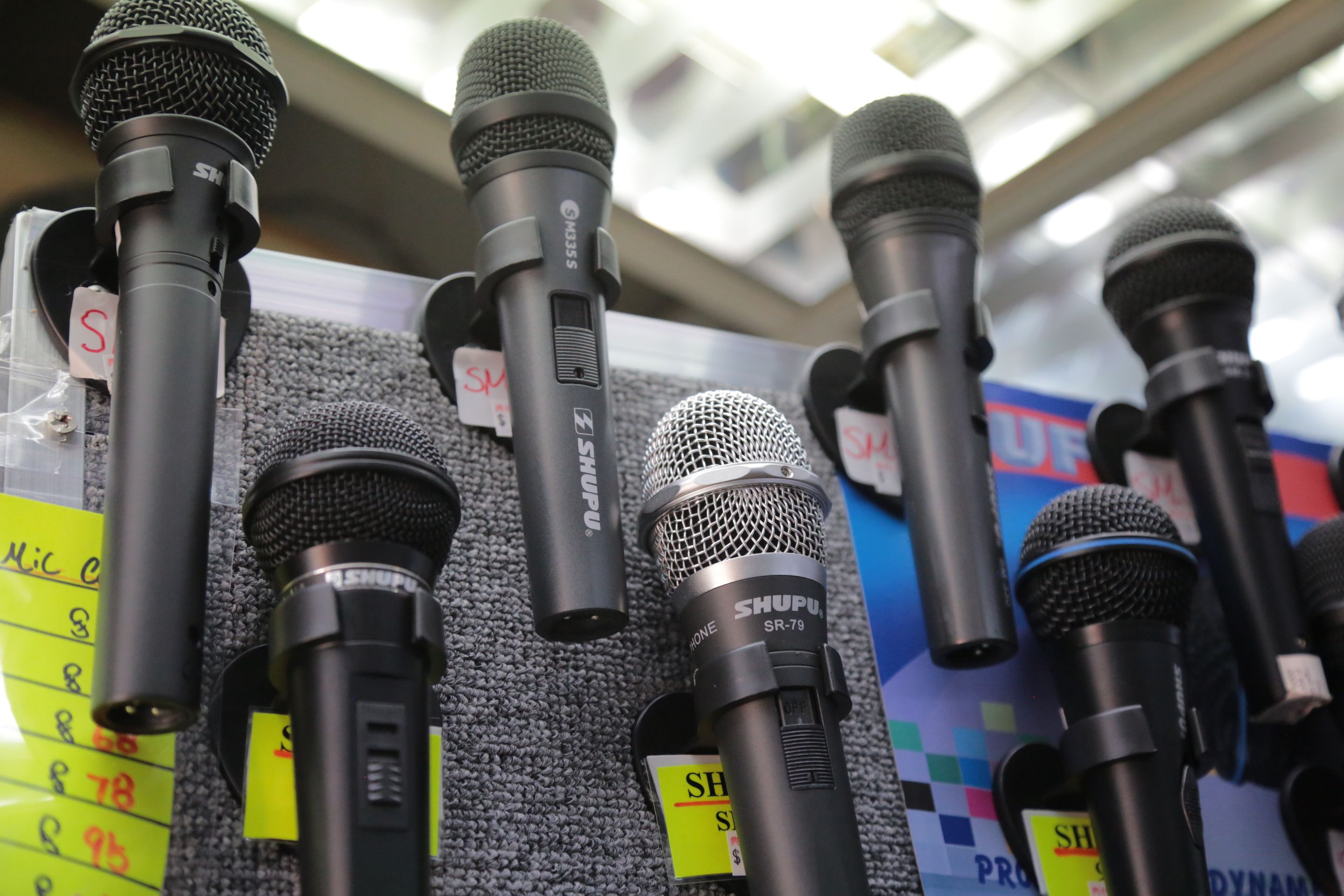There is nothing in Danish law that prevents the ownership of counterfeit goods for personal use. Many Danes use trips to places like Spain and and London as a chance to pick up copy products to bring back home.
Danish copyrights on furniture design, for example, last 70 years, whereas in England they are only protected for 25 years, so many Danes travel there to purchase less expensive imitations.
But, as with most things, it is a case of ‘buyer beware’. The rules on buying counterfeit goods abroad apply to the country where the products are purchased.
“When buying counterfeit goods abroad, it is the rules of that country that apply,” Lars Arent, the head of consumer organisation Forbruger Europa told Ekstra Bladet. “If you are in Italy, for example, Italian rules apply. They are quite strict. It is forbidden to own such goods, even for personal use.”
Counterfeits can be dangerous
Anyone picking up counterfeits abroad should remember that they cannot be resold in Denmark, even after many years of use, because that would mean that the product is no longer for personal use.
Travellers should also remember that counterfeits could be of questionable quality.
“Counterfeit products can be hazardous to your health and safety,” said Arent. “They often do not comply with the standards of the original products.”
Arent said that toys and clothes could be laced with illegal dyes, skin care products could be filled with chemicals and electrical products could pose a fire or shock risk.
READ MORE: Counterfeit goods flooding flea markets
In addition, counterfeit goods are often peddled by criminals that use the money earned on counterfeit goods used to fund other forms of crime.















